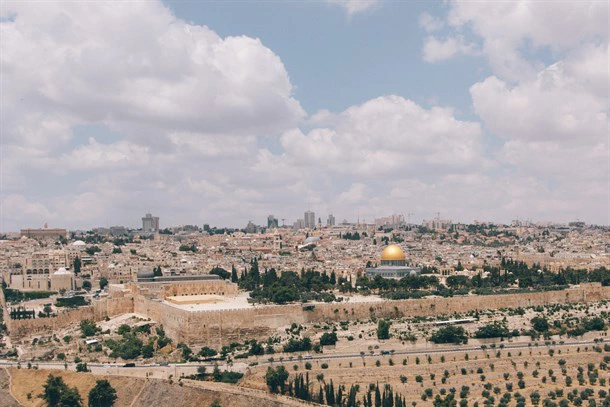

There are a number of large hospitals in Jerusalem - Hadassah and Shaare Zedek - whose definition is unclear. They are public but they also have private activities and this is very unique to the city of Jerusalem. On the other hand, there are no private hospitals in Jerusalem.
In East Jerusalem, there are hospitals such as Makassed, Augusta Victoria, St. Joseph, St. John and others that provide service to residents who are insured by the funds, and are part of the Israeli health system, with all that that implies. The studies in the department will also examine the variety of hospitals in East Jerusalem in the Israeli health system.
The population in Jerusalem and the surrounding area is a relatively young population and there is a lot of competition between the funds. Each fund has its own unique marketing methods used in Jerusalem to recruit and retain their members. Jerusalem has a very diverse population including the general population as well as the ultra-Orthodox, orthodox and the Arab population in Judea, Benjamin and Samaria. Each of these groups has unique characteristics and needs. The challenges of providing health services to these diverse populations, how to provide medical services in clinics and small communities without adequate infrastructure, without organized pharmacy services and with security issues and more will all be explored and addressed.
East Jerusalem, whose residents are entitled by law to benefits from the State Health Insurance Law, is the only place in the country approved by the Ministry of Health to operate clinics using the franchise method.
Operating a service in East Jerusalem is a unique, complex and very difficult task due to the structure of the population, language, security problems and the shortage of medical personnel and the local residents' administration capabilities. The operating method with franchisees and unique compensation methods require knowledge and understanding in the field.
During the studies in the Department of Management of Health Systems, attention will be paid to the uniqueness of the health system of Jerusalem and the surrounding area. The program also includes a unique compulsory course dedicated entirely to the uniqueness and complexity of the health system in Jerusalem and its surroundings.
During the entire third year of study, each student will carry out a final project of an applied nature, the purpose of which is to connect the student to the reality of the nature of the fieldwork. In the final project, the students will perform work in a medical setting in the city of Jerusalem and the surrounding area. The students will be assigned to an active unit in the health system and will thoroughly observe its work procedures. Students must be exposed to all the variety of activities of the unit and see the connection between its goal and the actual execution.
As part of the observation, the students will experience the multifaceted difficulties in practical activities in the face of the theory studied, with an emphasis on the complexity of the health system in general and of Jerusalem in particular. After the observation the students have to take a stand on the significant problems and issues and offer their opinion on the matter.
